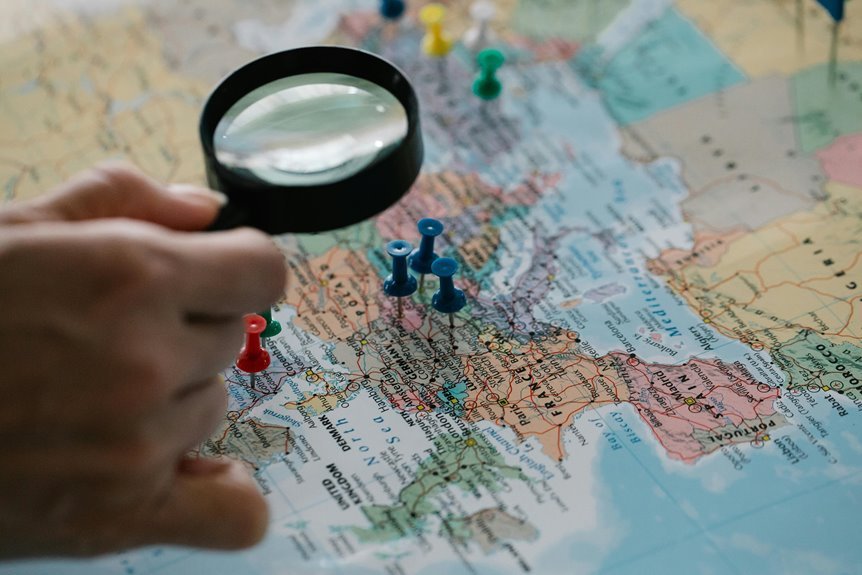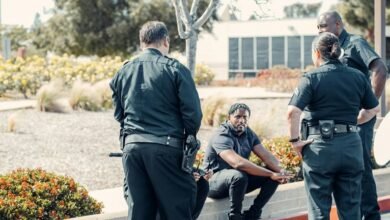1156940020 Tracing Breakdown of Mobile Call Locations

The tracing of mobile call locations, exemplified by identifier 1156940020, relies on sophisticated technology that analyzes call metadata. This process includes triangulation methods to determine geographic coordinates accurately. While this enhances operational efficiency for various sectors, it simultaneously raises concerns regarding privacy and data security. The balance between effective tracking and safeguarding individual rights remains a critical discussion point, prompting further examination of ethical implications and potential regulatory measures.
Understanding Mobile Call Tracing Technology
Mobile call tracing technology serves as a pivotal tool in the realm of telecommunications, enabling the precise identification of a caller’s location during a call.
By analyzing call metadata within the mobile network, this technology utilizes signal strength and triangulation methods to determine geographic coordinates.
Such capabilities enhance situational awareness, ensuring that users maintain their freedom while navigating the complexities of modern communication.
The Role of Identifiers in Call Location Tracking
While numerous factors contribute to the effectiveness of call location tracking, identifiers play a crucial role in the accuracy and reliability of this process.
Various identifier types, such as International Mobile Subscriber Identity (IMSI) and Mobile Equipment Identifier (MEID), enhance tracking accuracy by uniquely associating calls with specific devices.
This precision empowers users and service providers to better manage mobile communications in an increasingly interconnected environment.
Implications for Privacy and Security
As call location tracking technology continues to evolve, the implications for privacy and security become increasingly significant.
The necessity for location consent is paramount, as unauthorized tracking can lead to severe breaches of personal privacy.
Furthermore, robust data protection measures must be enforced to safeguard user information against potential exploitation, ensuring that individual freedoms are upheld within the expanding landscape of digital communications.
Practical Applications and Limitations of Call Location Tracing
Call location tracing technology offers a range of practical applications across various sectors, enhancing both operational efficiency and user experience.
Real-time tracking facilitates emergency response and logistics optimization.
However, legal considerations surrounding privacy and consent impose significant limitations.
Balancing the advantages of improved services with the ethical implications remains crucial, as the potential for misuse necessitates stringent regulatory frameworks to protect individual freedoms.
Conclusion
In the intricate dance of technology, mobile call tracing serves as both a beacon of safety and a shadow of privacy concerns. As the identifiers like 1156940020 map the unseen journeys of communication, they illuminate pathways for emergency responders while simultaneously casting long shadows over personal freedoms. The delicate balance between innovation and ethical responsibility must be navigated with precision, ensuring that the benefits of such technology do not eclipse the fundamental rights of individuals in an ever-connected world.




